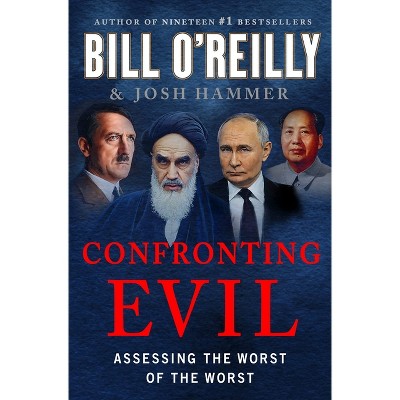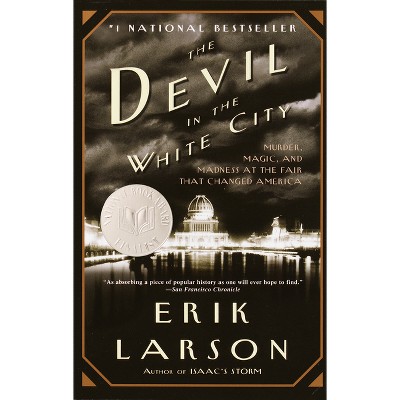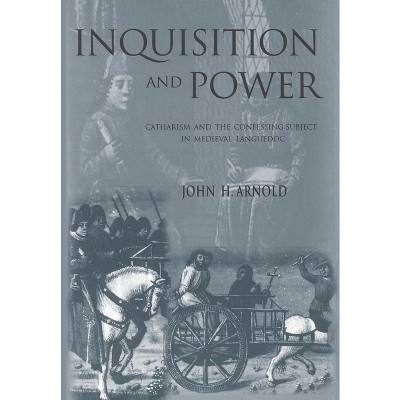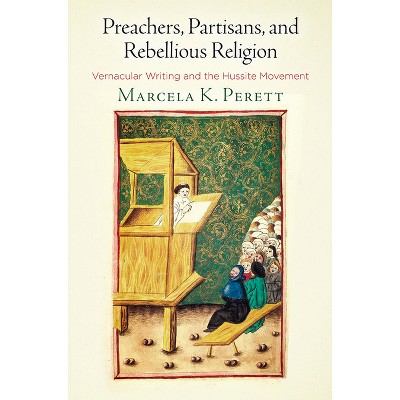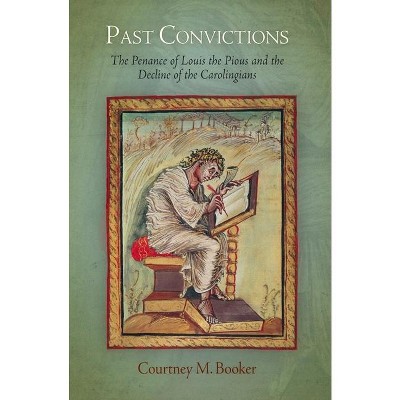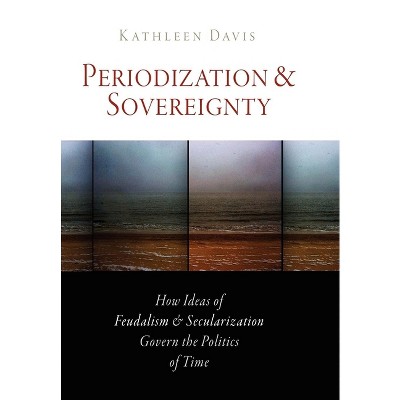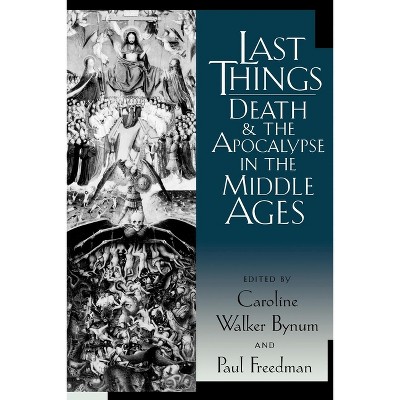Negotiating the Landscape - (Middle Ages) by Ellen F Arnold (Hardcover)

About this item
Highlights
- Negotiating the Landscape explores the question of how medieval religious identities were shaped and modified by interaction with the natural environment.
- About the Author: Ellen F. Arnold teaches history at Ohio Wesleyan University.
- 312 Pages
- History, Europe
- Series Name: Middle Ages
Description
About the Book
Ellen Arnold draws upon a rich archive of charters, property and tax records, correspondence, miracle collections and saints' lives to explore the ways in which interaction with the natural world affected the 'environmental imagination' and identity of the Benedictine monks of Stavelot-Malmedy in the medieval Ardennes.
Book Synopsis
Negotiating the Landscape explores the question of how medieval religious identities were shaped and modified by interaction with the natural environment. Focusing on the Benedictine monastic community of Stavelot-Malmedy in the Ardennes, Ellen F. Arnold draws upon a rich archive of charters, property and tax records, correspondence, miracle collections, and saints' lives from the seventh to the mid-twelfth century to explore the contexts in which the monks' intense engagement with the natural world was generated and refined.
Arnold argues for a broad cultural approach to medieval environmental history and a consideration of a medieval environmental imagination through which people perceived the nonhuman world and their own relation to it. Concerned to reassert medieval Christianity's vitality and variety, Arnold also seeks to oppose the historically influential view that the natural world was regarded in the premodern period as provided by God solely for human use and exploitation. The book argues that, rather than possessing a single unifying vision of nature, the monks drew on their ideas and experience to create and then manipulate a complex understanding of their environment. Viewing nature as both wild and domestic, they simultaneously acted out several roles, as stewards of the land and as economic agents exploiting natural resources. They saw the natural world of the Ardennes as a type of wilderness, a pastoral haven, and a source of human salvation, and actively incorporated these differing views of nature into their own attempts to build their community, understand and establish their religious identity, and relate to others who shared their landscape.Review Quotes
"A capacious and thorough account. . . . In a precisely executed first monograph, Arnold seeks to provide broad applicability through a focused case study, a locus for the apprehension of the diverse environmental practices and experiences of medieval people."-- "Parergon"
"A well‐conceived and well‐researched study . . . that will richly reward readers interested in medieval environmental studies and in the general topic of monastic use and understanding of land, both wild and cultivated."-- "Sehepunkte"
"Arnold has made an imaginative and entirely original contribution to the massive amount of scholarship on medieval monasticism as well as to the new and still small field of medieval environmental history."-- "American Historical Review"
"By suggesting new approaches, this perceptive study encourages further work on topics of environmental perception and the construction of medieval cultural landscapes."-- "Journal of Interdisciplinary History"
"Ellen Arnold's study of two monasteries in the forest of the Ardennes pioneers a culture-based approach to the environmental history of medieval Europe. From what may appear sterile and intractable sources, she extracts the diverse conceptual frameworks within which the monks dealt with the natural world, and in doing so convincingly challenges any simple view of early medieval 'wilderness.' Medievalists and environmentalists will learn much from this book."-- "Richard C. Hoffmann, York University"
"Negotiating the landscape breaks new ground i[n] its approach to cultural and environmental matters as well as our understanding of both. It demonstrates the possibility of developing research on the relationship between pre-modern human beings, their environments, and their ideas about those environments."-- "European Review of History"
About the Author
Ellen F. Arnold teaches history at Ohio Wesleyan University.Shipping details
Return details
Trending History

